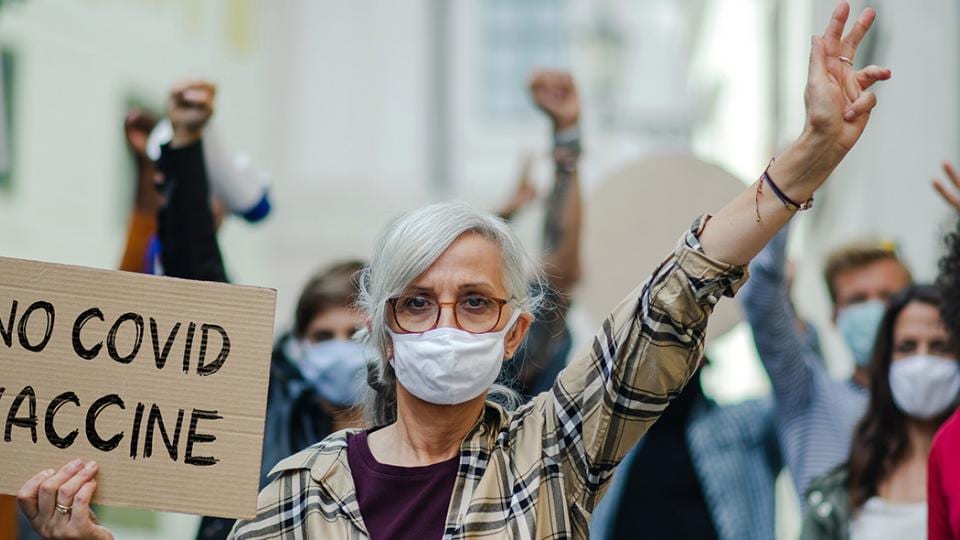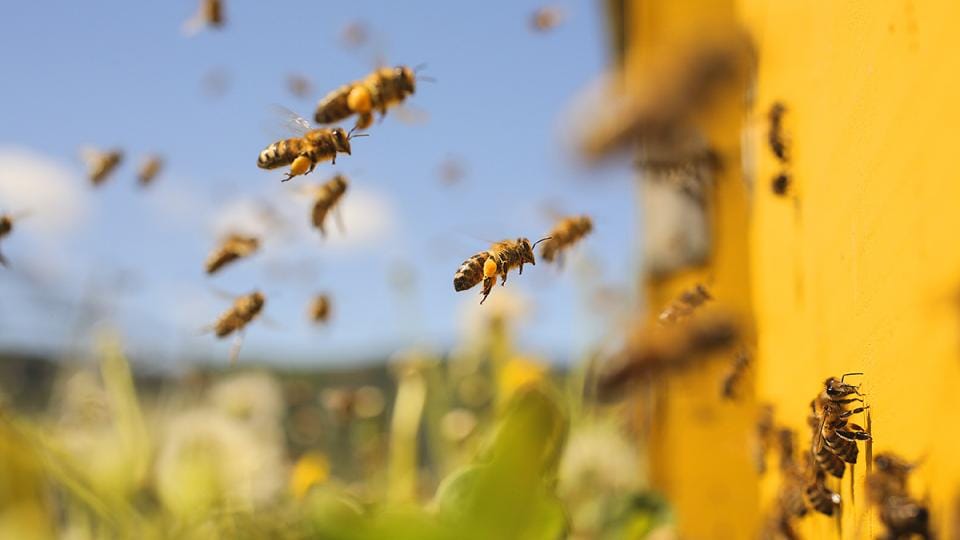Bayer Extends its Transparency Register for Scientific Collaborations with External Partners to Switzerland

Why do universities and companies work together? Doesn’t that affect independent research? And what role does transparency play? We spoke about these issues with Dr. Monika Lessl, Head of Corporate R&D and Social Innovation at Bayer.
Monika, how important is cooperation with external partners to Bayer?
Global challenges – such as climate change or a growing and aging world population – can be overcome only if all societal stakeholders work together. That’s why research collaborations between universities and companies are so important. It is only through cooperation that basic research findings can be translated into real-life innovations that benefit society. At Bayer, we work with many different partners around the world in the areas of healthcare and nutrition – from universities and research institutions to start-ups and other companies. These collaborations range from small bilateral projects to large-scale strategic partnerships and consortiums. But none of this can be done in isolation from society – the risk is a loss of trust in science and research.
How would you describe the level of public trust in public private collaborations?
If we look at Switzerland, for example, the University of Zurich’s Science Barometer 2022 shows that the Swiss’ trust in science more generally has fallen again after peaking during the COVID-19 pandemic. And when it comes to public-private research partnerships, almost a quarter (22%) of Swiss people believe that academia, politics and companies are colluding with each other.1 For us as a science company, the integrity and credibility of our research and development are essential – that’s the bottom line. In science, the facts decide – not whoever finances the studies.
How can a company like Bayer help improve trust in these types of scientific collaborations?
We can offer transparency and dialogue. At Bayer, we know that transparency is an important step toward long-term trust. We have implemented twelve transparency commitments promoting transparency beyond regulatory requirements and encouraging an open dialogue about our work. We make information about a wide range of topics available to the public – from clinical and safety studies to our crop protection products as well as our lobbying expenditures. The Bayer Science Collaboration Explorer, which we initially launched in Germany in 2021 and in the USA in 2022, is part of our self-commitment to greater transparency.
What information does the Explorer include?
Since September 2021, the database has listed new, contract-based science collaborations of Bayer’s business units with universities, public research institutions, and individuals worldwide. Since December 2022, the same information is now available for the United States. As of February 2024, we are also publishing science-related collaborations with Bayer’s business units in Switzerland. For the respective contracts, we publish core details on the collaboration: Name and country of the institution/person, collaboration type (e.g., research contract), subject of collaboration (e.g., oncology, digital farming), funding committed, effective date, and the participating Bayer division.
After your experiences in Germany and the U.S., why is the Swiss launch of the Explorer another milestone in Bayer’s journey towards more transparency?
After the initial pilot in Germany and the subsequent launch in the U.S., we received very positive feedback from various stakeholders, which confirmed our approach of both dialogue and transparency. We want to be perceived as an open and collaborative research company. It is therefore only logical to roll out the Explorer in Switzerland where we have numerous collaborations with external partners.
In addition to transparency, you mentioned the word dialogue. Can you elaborate on that?
Of course. We consider this register not only as a database, but also as an invitation to engage in a critical, constructive dialogue. In the interest of acceptance, all parties must talk and engage with one another, and find common solutions. Therefore, on February 7, 2004, I will officially introduce the Bayer Science Collaboration Explorer during a live event of Swiss newspaper Neue Zürcher Zeitung titled "Do we trust science?".
What’s next?
We are fully committed to expanding our efforts to promote transparency and dialogue. After this year’s launch in Switzerland, we will examine the extent to which we can gradually introduce the Explorer in other countries. We see this register as work in progress which will need constant refinement based on external feedback and are looking forward to hearing what people think. To complement this initiative, we will also be providing other opportunities for dialogue.
You can read the press release of the Swiss launch of the Bayer Science Collaboration Explorer here.
1 University of Zurich (2022): Wissenschaftsbarometer 2022

























